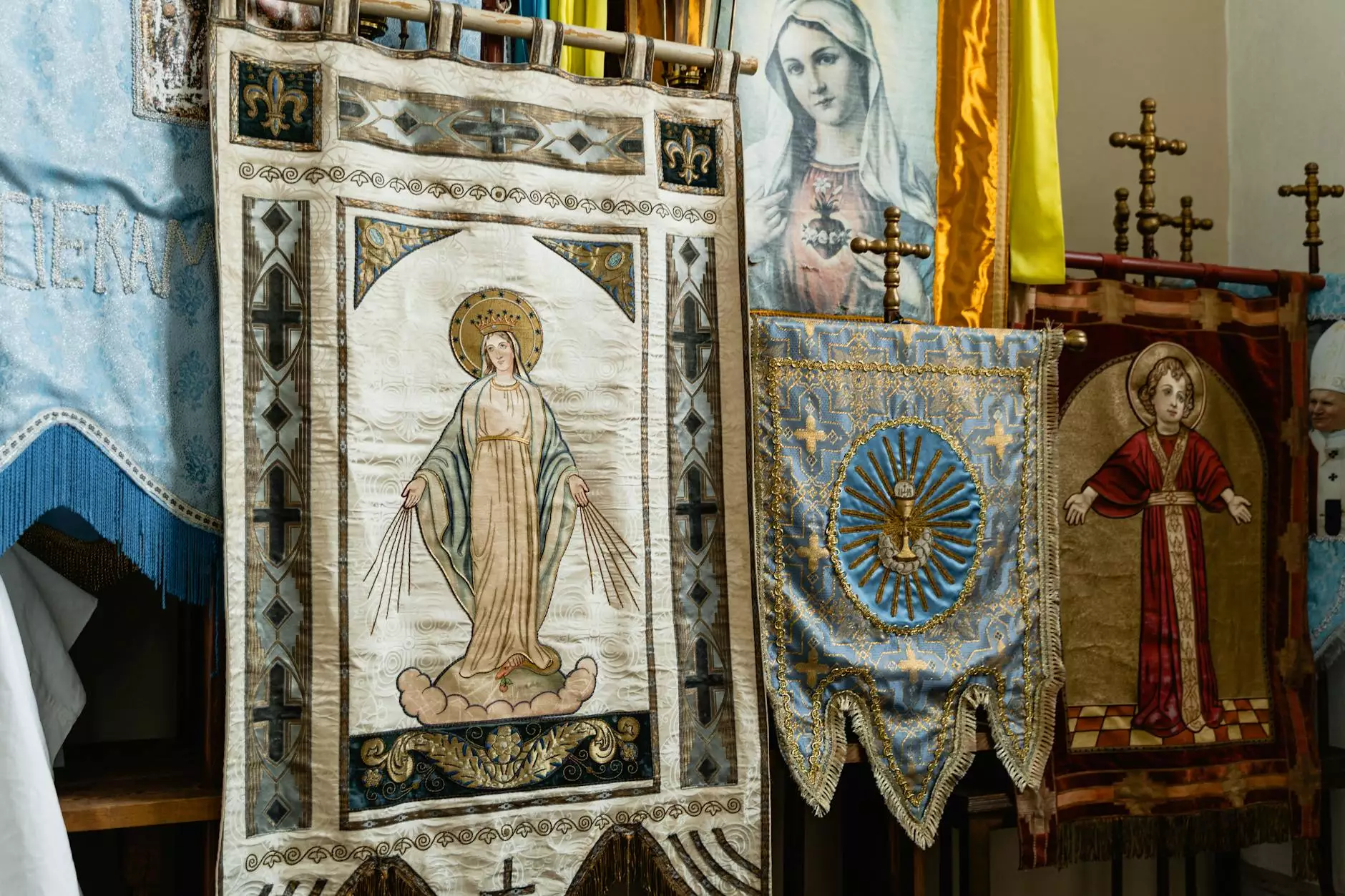The Impact of Black Church Online on Community and Faith

In a world increasingly driven by technology, the faith-based community has also taken significant strides into the digital realm. The concept of a Black Church Online has emerged, providing a sanctuary for spiritual growth and community engagement that transcends physical boundaries. This article delves into the transformative impact of black churches online, exploring how they foster community, nurture faith, and enact social change.
The Evolution of the Black Church in the Digital Age
The Black Church has long been a bedrock of African American culture and spirituality. Traditionally, these churches have served not only as places of worship but also as community centers that offer support and guidance. With the advent of the internet, these institutions have adapted, evolving into Black Churches Online that maintain their mission in a digital format.
From Physical to Virtual: A Seamless Transition
The transition from physical worship to online platforms was accelerated by the COVID-19 pandemic, but it was already underway. Churches began experimenting with live-streaming services, allowing them to reach congregants who might not be able to attend in person. This movement not only retained members during uncertain times but also attracted new ones from across the globe.
Benefits of Online Worship for the Black Community
Online worship services offered by the Black Church Online have several key benefits that serve to enhance community involvement and spiritual growth:
- Greater Accessibility: Individuals with mobility challenges or those living in remote areas can participate in services they would otherwise miss.
- Flexibility: Online platforms allow congregants to choose from a variety of service times and formats, accommodating busy schedules.
- Wider Reach: With online access, churches can draw members from various geographic locations, building a diverse and expansive community.
- Community Building: Virtual platforms allow for smaller group meetings, prayer circles, and outreach initiatives, fostering a sense of belonging and support.
Technology: A Bridge for Faith and Fellowship
The integration of technology within the Black Church Online has proven beneficial in many ways. Here are some of the tools and approaches employed:
Live Streaming Services
Many black churches now offer live streaming for their services, enabling congregations to join in real-time from anywhere in the world. These broadcasts often include:
- Sermons: Engaging teachings conveyed by charismatic leaders that inspire and discuss relevant issues.
- Music: Uplifting gospel music performed by choir members, enhancing the worship experience.
- Interactive Features: Viewers can engage through comments and chats, creating a more participatory environment.
Social Media Engagement
Social media platforms allow churches to reach their congregants where they are most active. Through:
- Inspirational Posts: Daily scriptures and motivational quotes that uplift and encourage.
- Event Promotion: Announcements about community service events, prayer meetings, and educational classes.
- Live Discussions: Interactive Bible studies and Q&A sessions that invite spiritual growth in a communal setting.
Building Community and Support Networks
The transition to a Black Church Online environment has given rise to vibrant online communities where members can connect deeply and authentically. Community support manifests in various forms:
Virtual Counseling and Support Groups
Churches have started offering programs aimed at mental health and emotional support:
- Counseling Services: Professional therapists provide virtual counseling sessions tailored to the needs of the community.
- Outreach Initiatives: Programs that connect those in need with resources, including food drives and job placement assistance.
Peer Support
Members can interact with each other, fostering relationships that extend beyond Sunday services:
- Prayer Groups: Organizing virtual prayer sessions where members come together to pray for each other’s needs.
- Fellowship Events: Online events like game nights, book clubs, and discussion groups that build camaraderie.
Social Justice and Community Engagement
Historically, the black church has played a pivotal role in advocating for civil rights and social justice. The Black Church Online continues that legacy by using its platform for advocacy:
Raising Awareness and Mobilization
Through social media and website initiatives, churches encourage their congregants to participate in:
- Voting Drives: Educating members about the importance of civic engagement.
- Advocacy Campaigns: Mobilizing congregations to support causes such as criminal justice reform, healthcare access, and educational equity.
Creating Safe Spaces for Discussion
Many Black Church Online platforms facilitate open discussions about critical social issues affecting the community. These forums encourage:
- Dialogue: Providing a safe space for members to discuss race relations and community concerns.
- Workshops: Offering educational programs on topics like financial literacy, health disparities, and effective parenting.
The Future of Black Churches in a Digital World
The rise of the Black Church Online has opened new doors for spiritual engagement and community support. As technology continues to evolve, so too will the ways these churches connect with their members. Future trends may include:
Innovative Digital Tools
To further enhance the worship experience, churches may adopt:
- Virtual Reality: Immersive worship experiences allowing members to feel present in a shared space.
- Mobile Apps: Customized church apps that facilitate seamless giving, event registration, and communication.
Expanding Outreach
The potential for Black Church Online to reach global audiences is immense. Churches will likely look to:
- Language Accessibility: Providing services in various languages to accommodate diverse communities.
- Global Missions: Engaging in international outreach that connects members abroad, allowing for shared experiences and support.
Conclusion
The emergence of the Black Church Online represents a significant advancement in how faith communities can thrive in the digital age. By embracing modern technology, black churches continue to fulfill their fundamental roles as sources of spiritual nourishment, community cohesion, and social justice advocacy.
Through innovative practices, they are equipped to inspire faith and provide support that resonates not only within local contexts but across global communities. As we look ahead, the ongoing evolution of the black church in the digital sphere promises to be a testament to resilience and adaptability in faith-based organizations.









